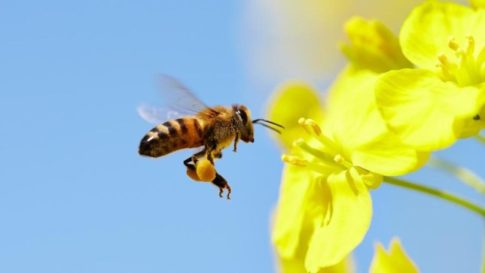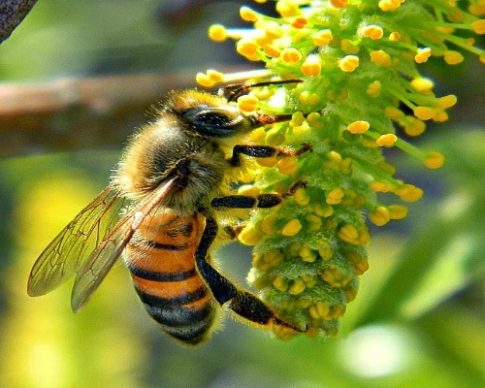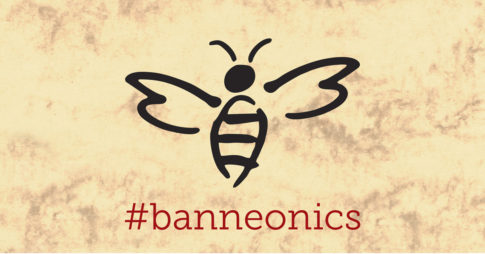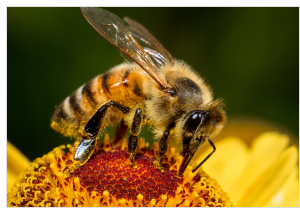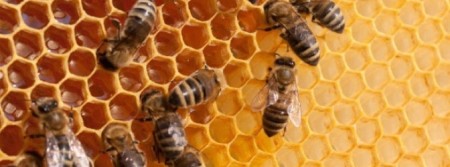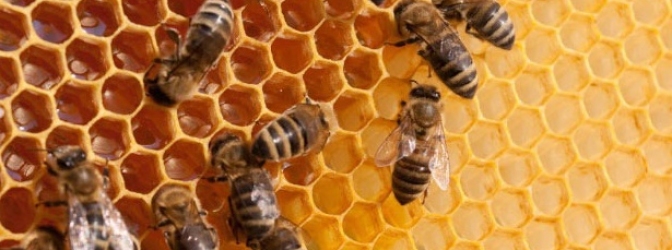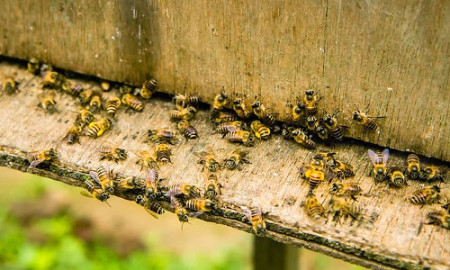– US EPA to Consider Approving Spraying of Bee-Killing Pesticide on 165 Million Acres of Farmland:
The U.S. Environmental Protection Agency (EPA) will consider allowing the bee-killing pesticide thiamethoxam to be sprayed on the most widely grown crops in the United States. The application, if approved, would allow the highly toxic pesticide to be sprayed directly on 165 million acres of wheat, barley, corn, sorghum, alfalfa, rice and potato.
The proposal by the agrochemical giant Syngenta to dramatically escalate use of the harmful neonicotinoid pesticide came last Friday, on the same day the EPA released new assessments of the extensive dangers posed by neonicotinoids, including thiamethoxam.
